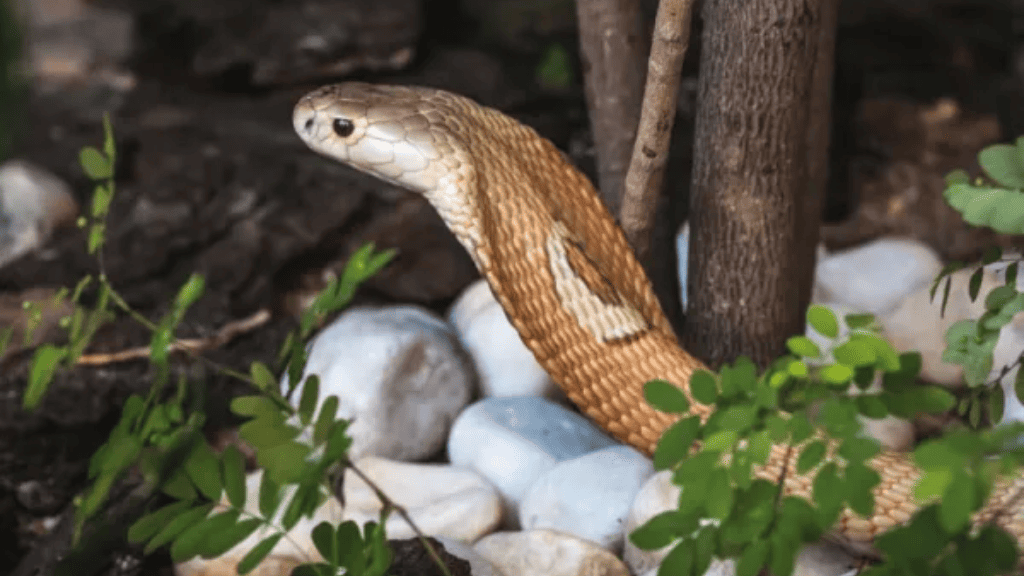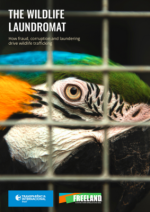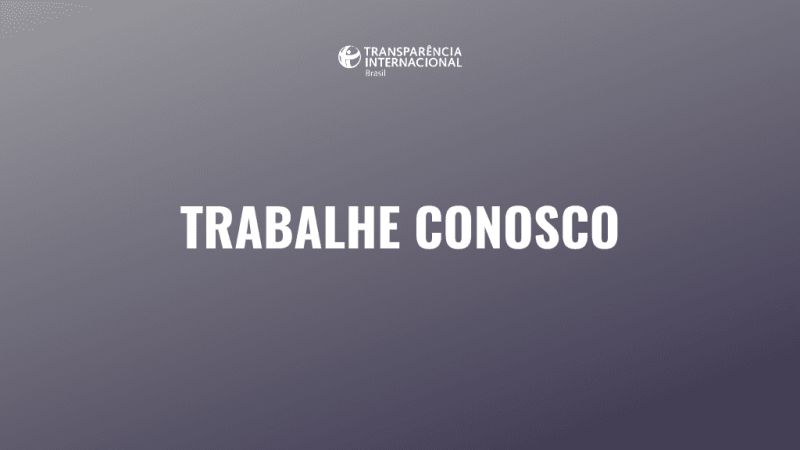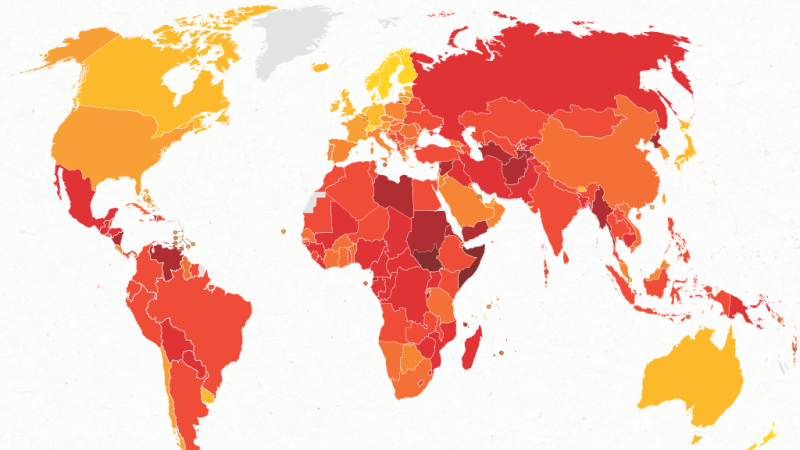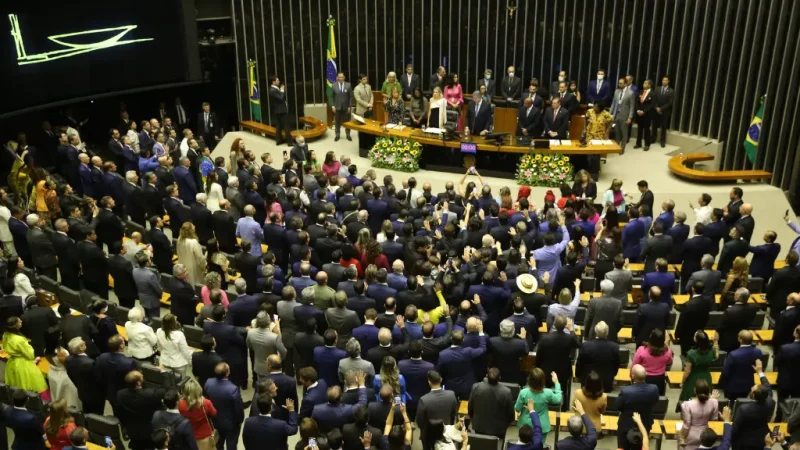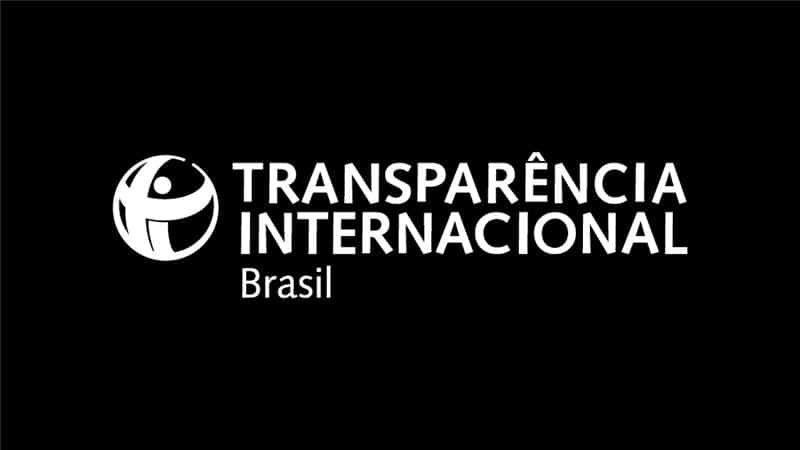A total of 24 practices were identified, including the insertion of false data into wildlife breeding and trade control systems, bribery of public officials to avoid inspections, undue influence in the drafting of sector regulations, and asset laundering, including the wildlife whose illegal origin is disguised through corrupt practices.
To effectively combat wildlife crime, which generates billions of dollars annually for criminal networks worldwide and impacts biodiversity, animal welfare, and the spread of new infectious diseases, Brazil needs to develop a national strategy to combat wildlife trafficking.
These are some of the analyses and conclusions of the report “The Wildlife Laundromat: how fraud, corruption, and laundering drive wildlife trafficking” produced by Transparency International – Brazil, with technical support from Freeland Brazil.
The report analyzes 18 recent cases and operations against wildlife trafficking in different regions of the country. Practices of fraud, corruption, and laundering were identified through this collection of cases along with the goal of each of these practices, and the types of actors involved. “Wildlife trafficking is often carried out by criminal organizations characterized by significant financial investment, business management, and division of labor. While the profit from the activity is very high, the risk of sanction is low, making this illegal business attractive to criminal networks” says Dário Cardoso, socio-environmental integrity analyst at Transparency International – Brazil.
Examples of these cases include the importation of giraffes for a zoo in Rio de Janeiro, where three of the animals died after escaping from a park where they were being mistreated. Another case involved a Russian citizen considered one of the world’s largest wildlife traffickers, who was caught twice transporting hundreds of animals at airports in the Netherlands and Brazil, and was eventually arrested while traveling by bus, once again transporting trafficked animals.
According to Juliana Machado Ferreira, Executive Director of Freeland-Brazil, “Wildlife trafficking is widespread in Brazil and worldwide, from illegal rural and opportunistic trade to organized and transnational criminal activity. For an effective response to this crime, it is necessary to value and train the various agents who combat wildlife crimes, investigate and prosecute these sophisticated trafficking networks as organized crime, combat associated crimes such as corruption and money laundering, develop a national strategy to fight wildlife trafficking, and strengthen the international legal framework.”
The report also offers a set of recommendations that, if put into practice, could significantly enhance the country’s ability to combat wildlife trafficking more effectively, such as investigating criminal organizations, fraud, corruption, asset laundering, and other crimes associated with animal trafficking; implementing integrity programs in environmental agencies; strengthening public systems for captive wildlife control against fraud and laundering; increasing data transparency in these systems and in seizures and fines; combating the laundering of assets associated with animal trafficking; and observing legal criteria for signing agreements in cases of animal traffickers.
The report was produced by Transparency International – Brazil, funded by the Bureau of International Narcotics and Law Enforcement Affairs (INL), as part of a project to combat wildlife trafficking led by Freeland.
